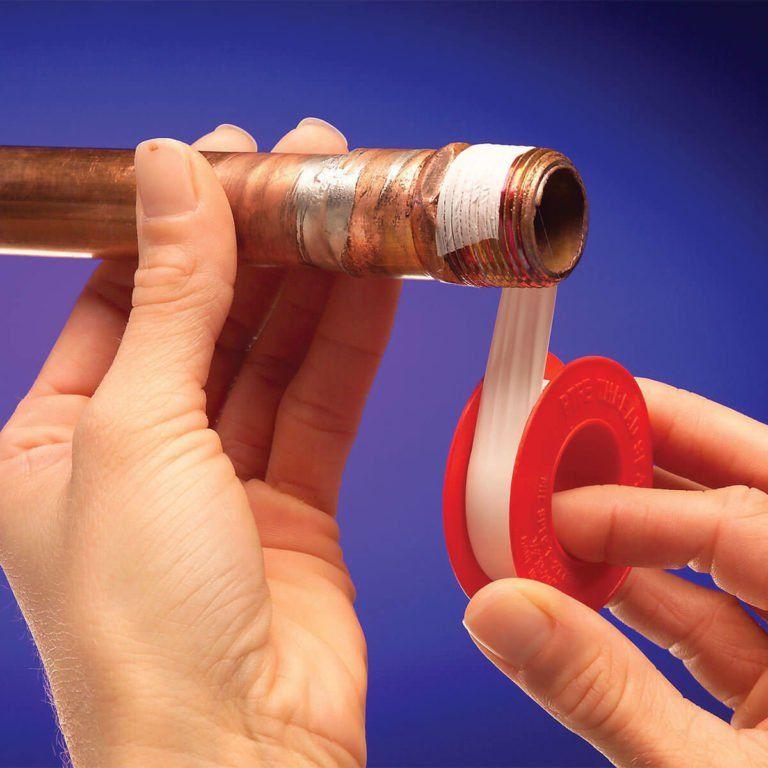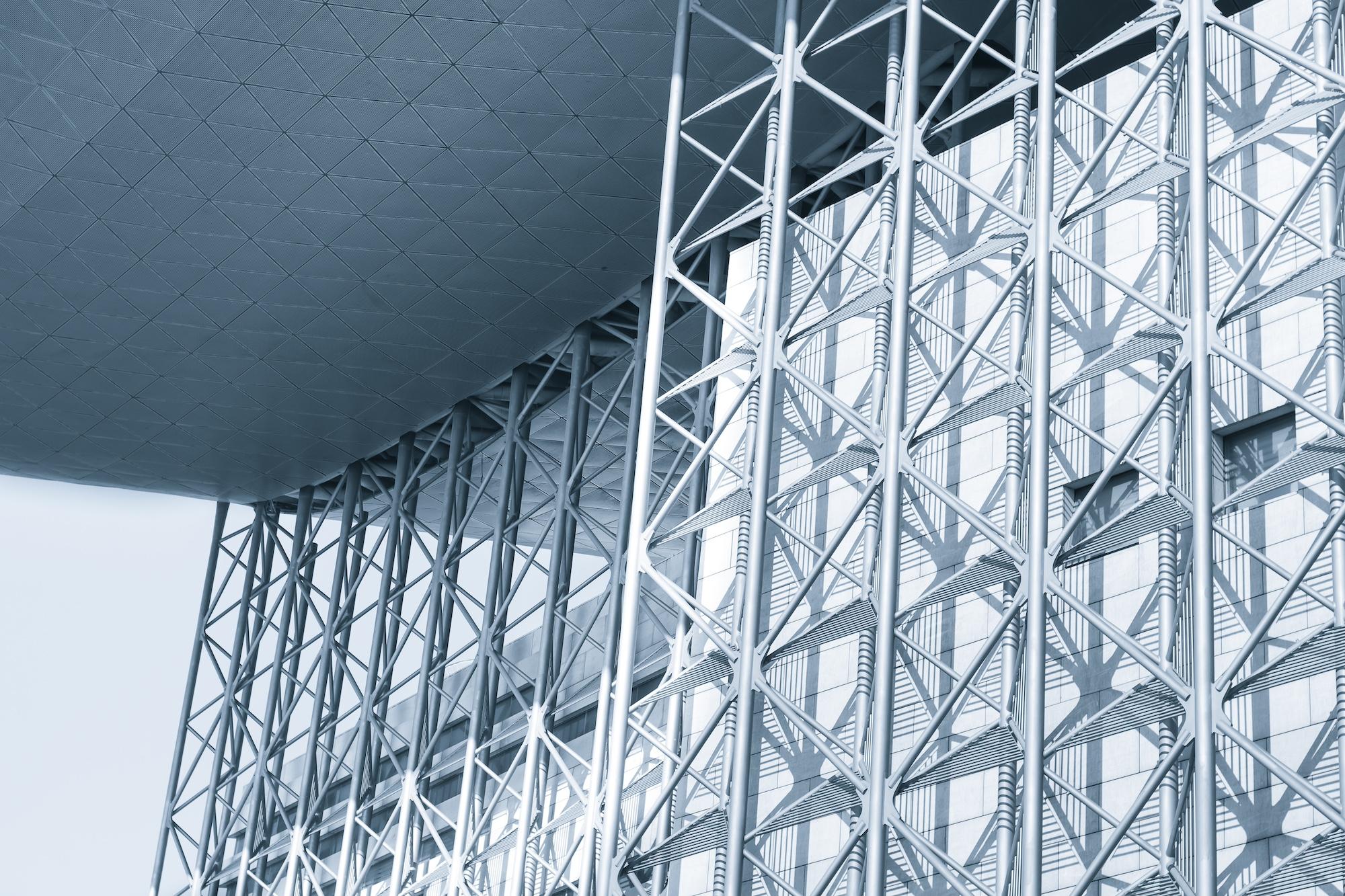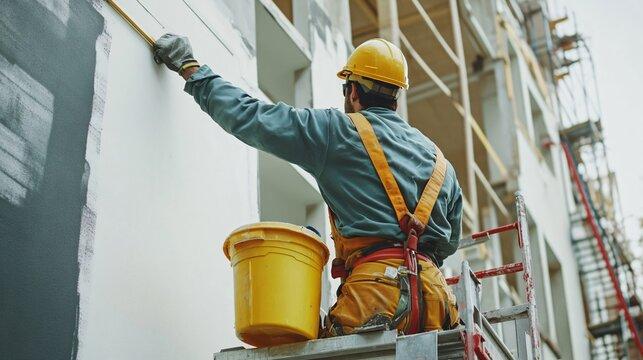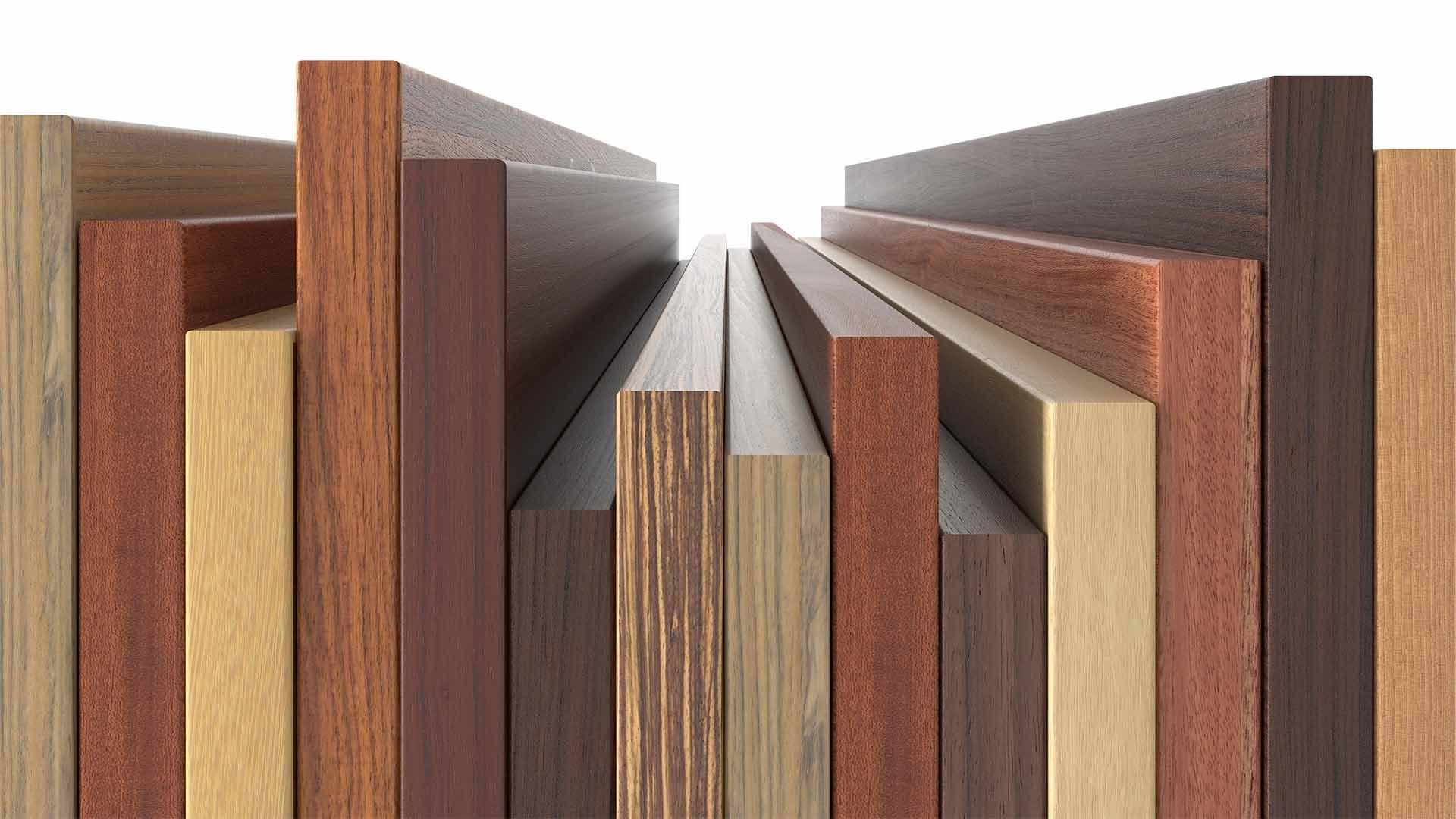Understanding HRA: A Key Component of Your Salary
Jun 24 • 2 min read
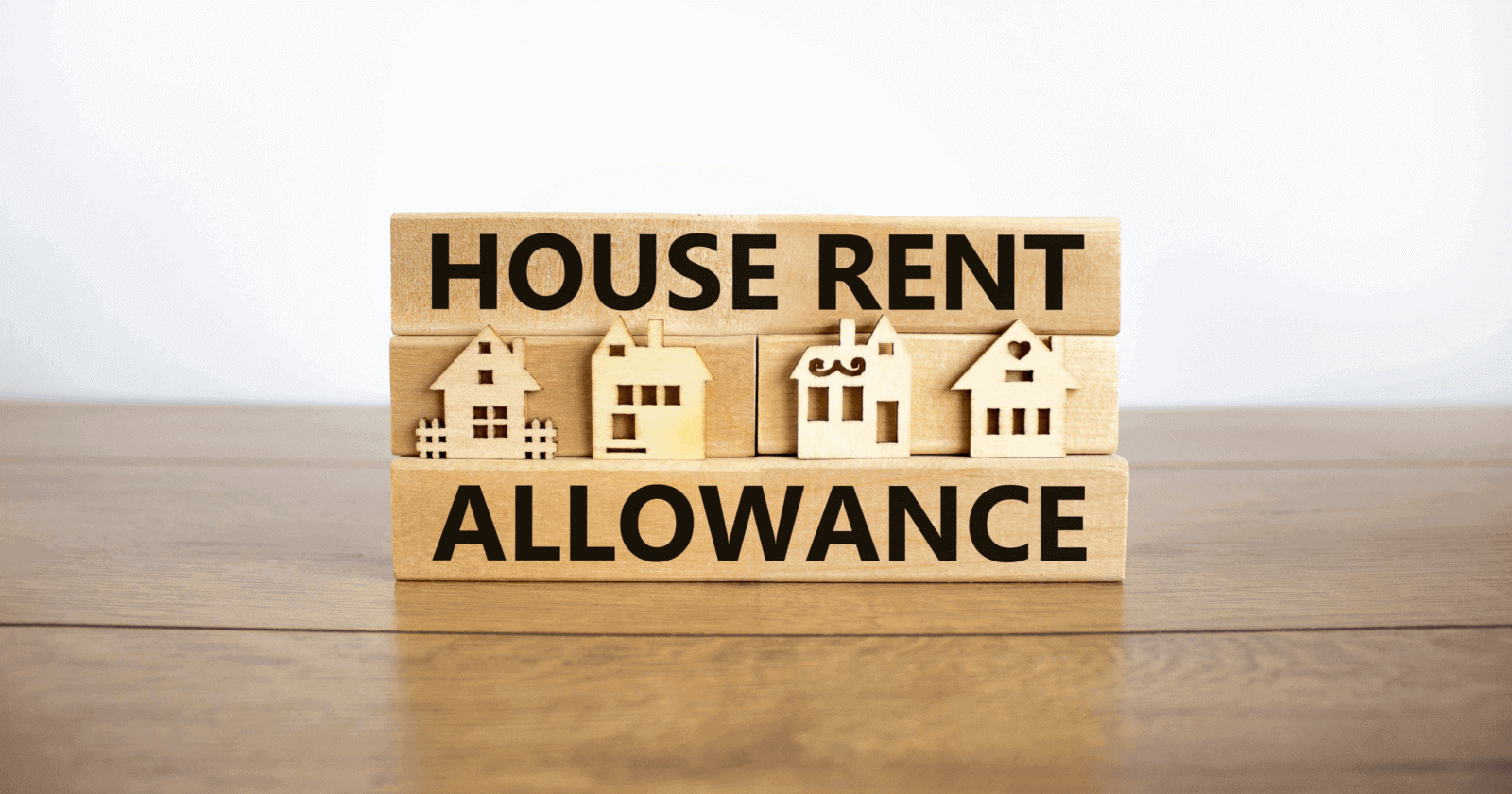
Introduction
House Rent Allowance (HRA) is a significant part of many employees' salary packages, especially in countries like India. It’s designed to help cover rental expenses for those living in rented accommodations. This blog dives into what HRA is, how it works, its tax benefits, and key considerations for employees and employers.
What is HRA?
HRA is a portion of your salary provided by your employer to meet the cost of renting a home. It’s typically a fixed percentage of your basic salary, though the exact amount varies based on company policy and the city you live in. For instance, employees in metro cities like Mumbai or Delhi often receive a higher HRA compared to those in non-metro areas due to higher rental costs.
How is HRA Calculated?
The HRA amount you receive depends on:
Your basic salary: HRA is often a percentage of this (e.g., 40-50% for metro cities, 30-40% for non-metros).
City of residence: Metro cities usually attract a higher HRA.
Company policy: Some organizations cap HRA at a fixed amount.
However, the HRA exemption for tax purposes is calculated as the minimum of these three:
Actual HRA received from the employer.
Rent paid minus 10% of your basic salary.
50% of basic salary (for metro cities) or 40% (for non-metro cities).
For example, if your basic salary is ₹50,000, you live in a metro city, pay ₹20,000 in rent, and receive ₹25,000 as HRA:
50% of basic salary = ₹25,000
Rent paid - 10% of basic salary = ₹20,000 - ₹5,000 = ₹15,000
Actual HRA received = ₹25,000
The exempt HRA is the lowest, i.e., ₹15,000. The remaining ₹10,000 is taxable.
Tax Benefits of HRA
HRA offers significant tax savings under Section 10(13A) of the Income Tax Act in India. To claim this exemption, you must:
Live in a rented house (not your own property).
Submit rent receipts or a rental agreement to your employer.
Provide the landlord’s PAN if the annual rent exceeds ₹1 lakh.
If you don’t live in a rented house but receive HRA, the entire HRA amount is taxable. For self-employed individuals or those not receiving HRA, a similar benefit is available under Section 80GG, with a cap of ₹5,000 per month or 25% of total income, whichever is lower.
Key Considerations
Documentation: Always maintain rent receipts, even if your employer doesn’t ask for them, as the tax authorities may request proof during assessments.
Fake receipts: Submitting fake rent receipts to claim HRA exemptions is illegal and can lead to penalties.
Living with parents: You can claim HRA if you pay rent to your parents, but the transaction must be genuine, preferably via bank transfer, with a valid rental agreement.
HRA and home loans: If you’re paying a home loan for a property in another city but living in a rented house, you can claim both HRA exemption and home loan interest deductions.
Challenges and Misconceptions
Many employees misunderstand HRA rules, assuming the entire HRA is tax-free or that they can claim it without proper documentation. Employers also face challenges in verifying rent receipts, especially for remote workers. Additionally, the rising cost of rentals in urban areas often outpaces HRA increments, leaving employees with a financial gap.
Conclusion
HRA is a valuable salary component that eases the burden of rental expenses while offering tax benefits. Understanding its calculation, eligibility, and documentation requirements can help you maximize savings. Whether you’re an employee or employer, staying informed about HRA rules ensures compliance and financial efficiency.
Disclaimer: Tax rules vary by country and may change over time. Consult a tax professional for personalized advice.
Our Clients








Related Blogs

